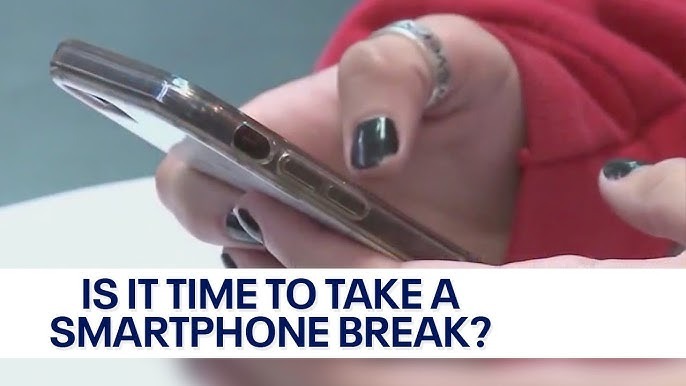In today’s hyper-connected world, our smartphones are often considered extensions of ourselves. Yet, many are beginning to question the impact of constant connectivity on mental well-being and productivity. Recently, a growing number of people have embraced a digital detox—voluntarily disconnecting from their devices—to discover the benefits of unplugging. This personal experiment of spending a day without a smartphone reveals surprising insights about attention, stress, and presence.
Key Takeaways From A Smartphone-Free Day
The Initial Challenge And Adjustment
The first few hours without a smartphone can be unsettling. Notifications and habitual checking impulses create an urge to grab the phone, highlighting how ingrained digital habits have become. However, this challenge also opens the door to mindful awareness about device dependence.
Rediscovered Focus And Mindfulness
Without constant pings and distractions, concentration on tasks and conversations improves dramatically. Simple activities like reading, walking, or engaging with people become more immersive and fulfilling, fostering deeper presence.
Reduction In Stress And Anxiety
Studies show that excessive smartphone use can amplify stress, anxiety, and feelings of being overwhelmed. Taking a break from screens allows the nervous system to recover, leading to a calmer mind and clearer thinking during the detox day.
Enhanced Social Interactions
Without the barrier of screens, interactions with family, colleagues, and strangers feel more genuine and attentive. The detox day often uncovers opportunities for richer human connections lost in digital noise.
Better Sleep And Physical Health
Avoiding blue light exposure before bedtime and reducing overall screen time has proven benefits for circadian rhythm and sleep quality. The experimenter often reports improved rest and reduced eye strain by the day’s end.
Understanding The Concept Of Digital Detox
Digital detox involves intentionally reducing or eliminating use of smartphones, social media, and other digital devices for a set period.
It counters the dopamine-driven cycles of notifications and social validation, which can lead to addictive behaviors.
Detox may vary from short breaks to extended periods without screens, customized to individual needs.
Scientific Support And Research Findings
Recent 2025 studies indicate that digital detoxes significantly reduce depressive symptoms and anxiety while improving attention and emotional regulation.
Controlled trials have found sustained benefits in sleep quality, subjective wellbeing, and productivity even weeks after a digital detox.
Neuroscientific research highlights that disengaging from digital stimuli allows the brain to recover from overstimulation, enhancing creativity and problem-solving.
Practical Tips For A Successful Detox Day
-
Inform friends and colleagues to minimize disruption from urgent communications.
-
Substitute smartphone time with outdoor activities, reading, or hobbies that engage other senses and skills.
-
Set specific goals for the detox period, such as improving sleep or reducing work stress.
-
Use apps or features to monitor and limit screen time as a gradual transition toward tech balance.
-
Create phone-free zones such as bedrooms or dining areas to establish boundaries.
Conclusion
A day without a smartphone can initially provoke discomfort but soon reveals profound benefits—improved focus, reduced stress, enhanced relationships, and better health. This experiment shines a light on how tethered we are to digital devices and encourages reevaluating our habits.
Integrating regular digital detox periods into daily life can nurture mental clarity, emotional resilience, and authentic social bonds. In an age where technology dominates, intentional breaks offer a pathway back to presence and well-being.
Sources: Medical News Today, Freedom.to, WebMD, Frontiers in Human Dynamics, NPR, Federal Bank Health Blog.
